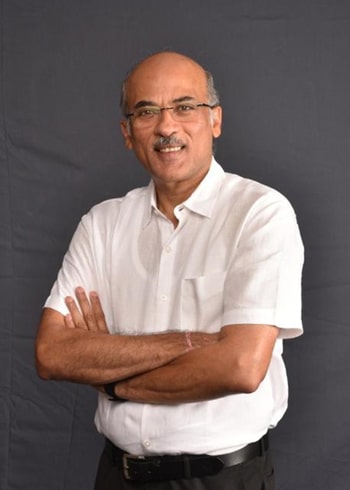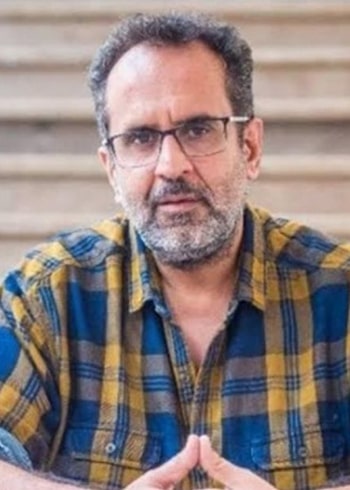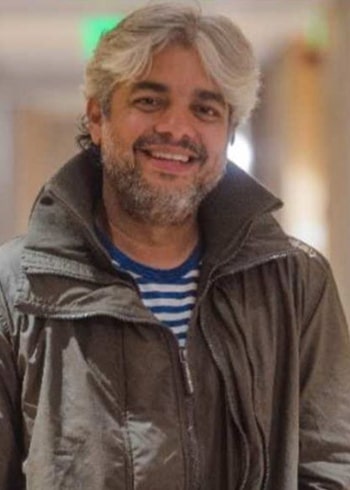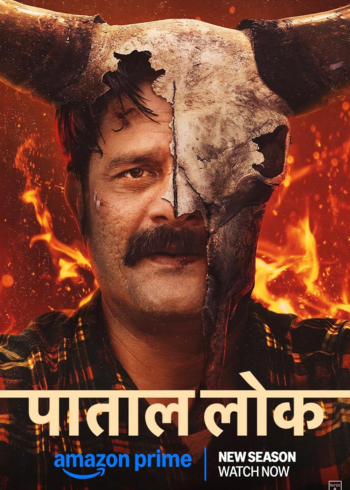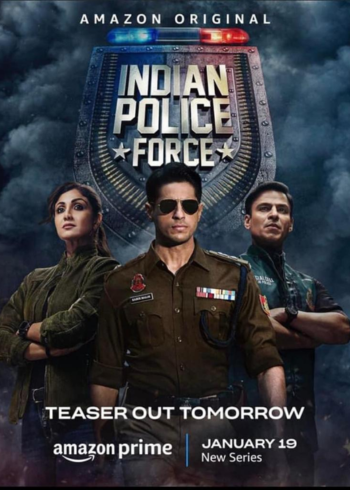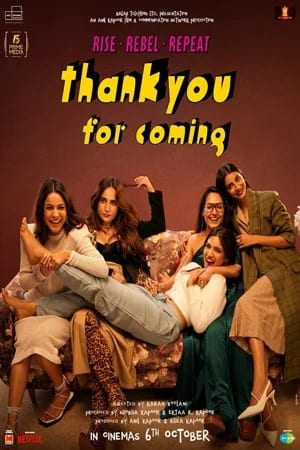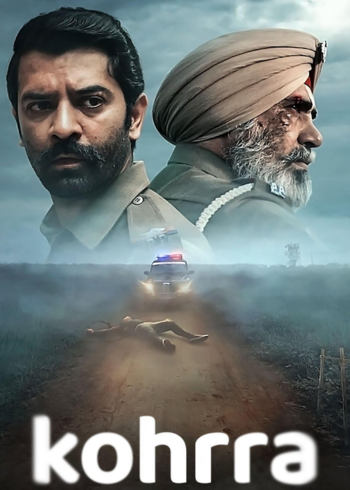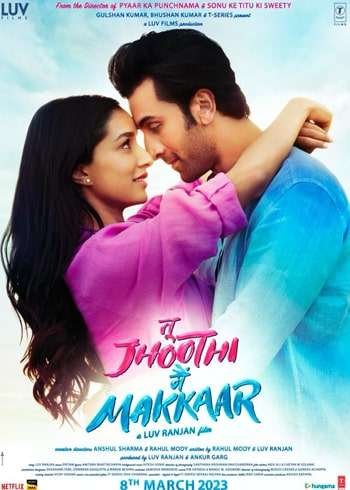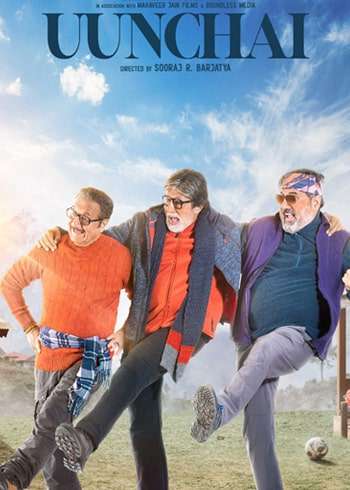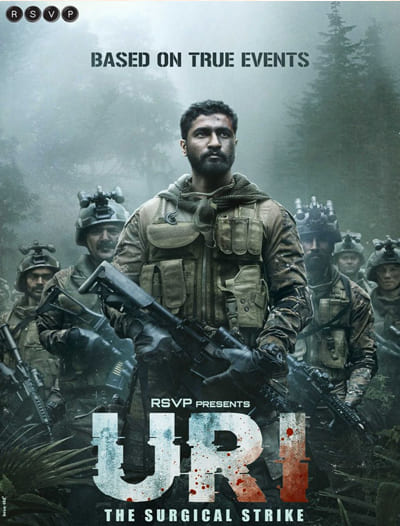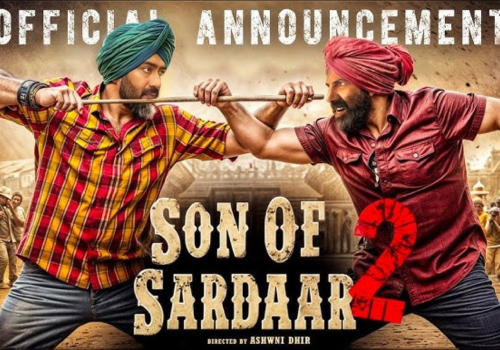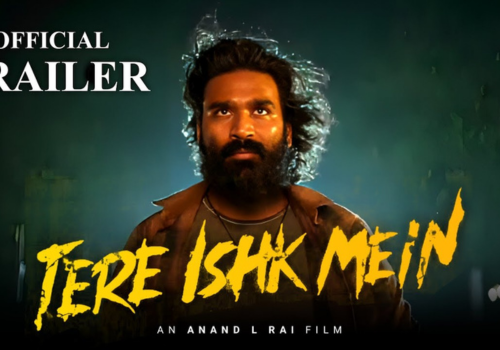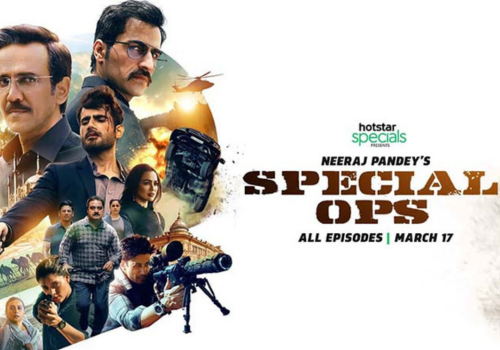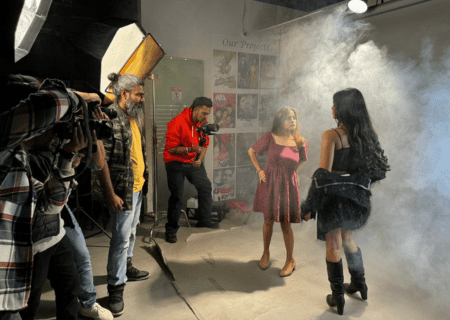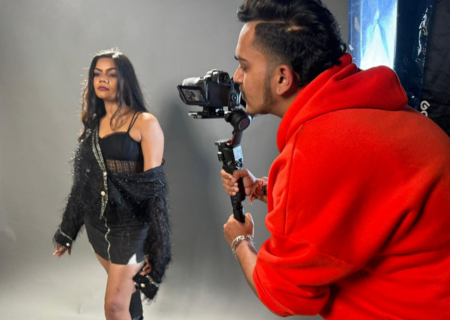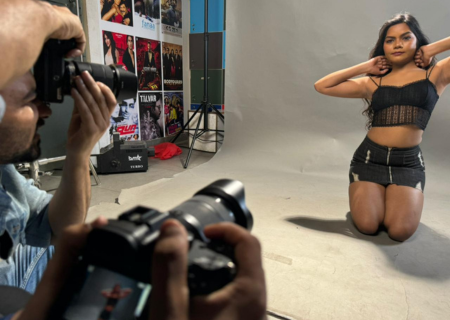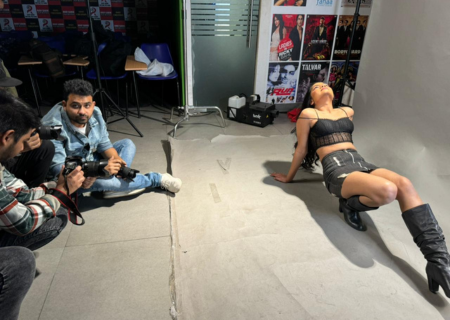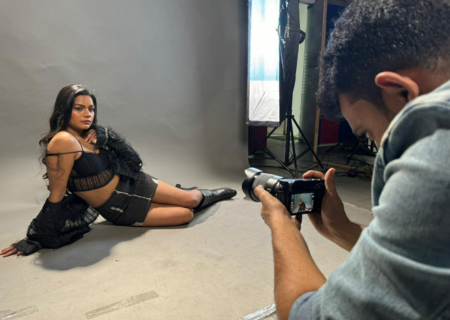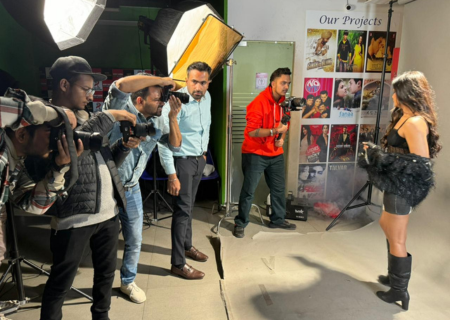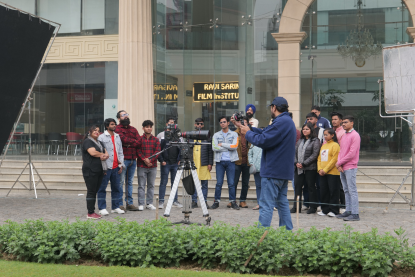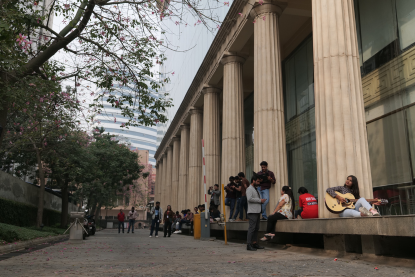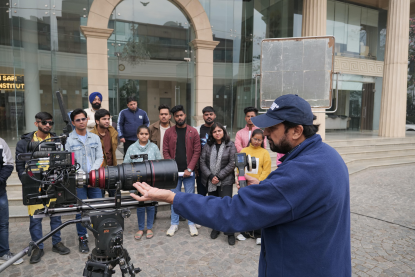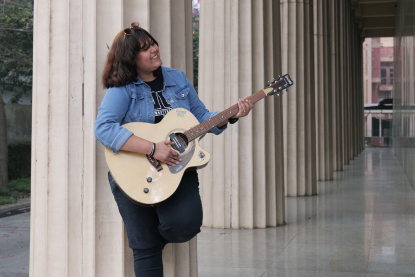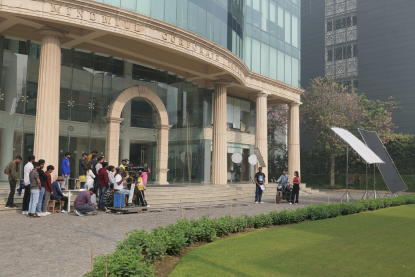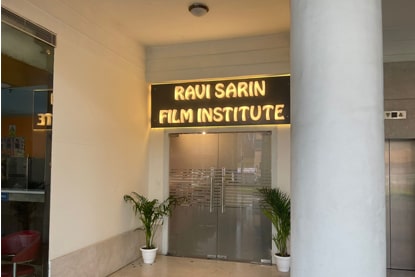B.Sc in Cinema (Specialization In Post-Production)
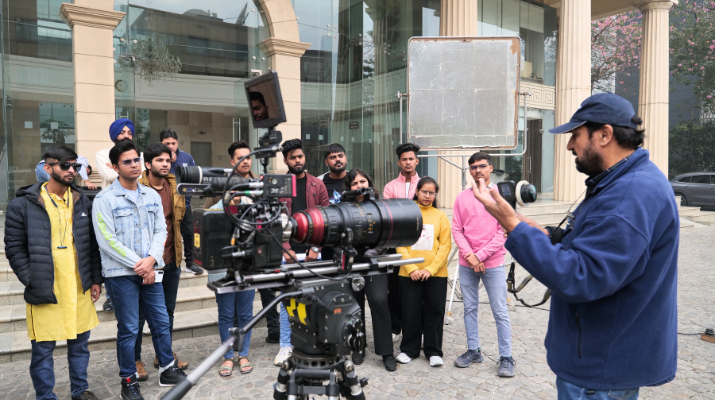
Our Top Recruiters
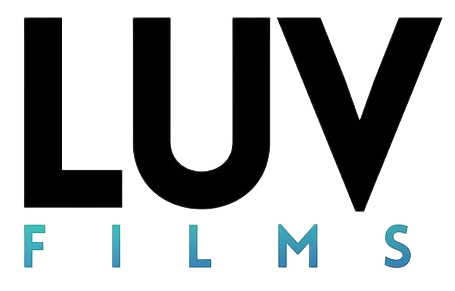

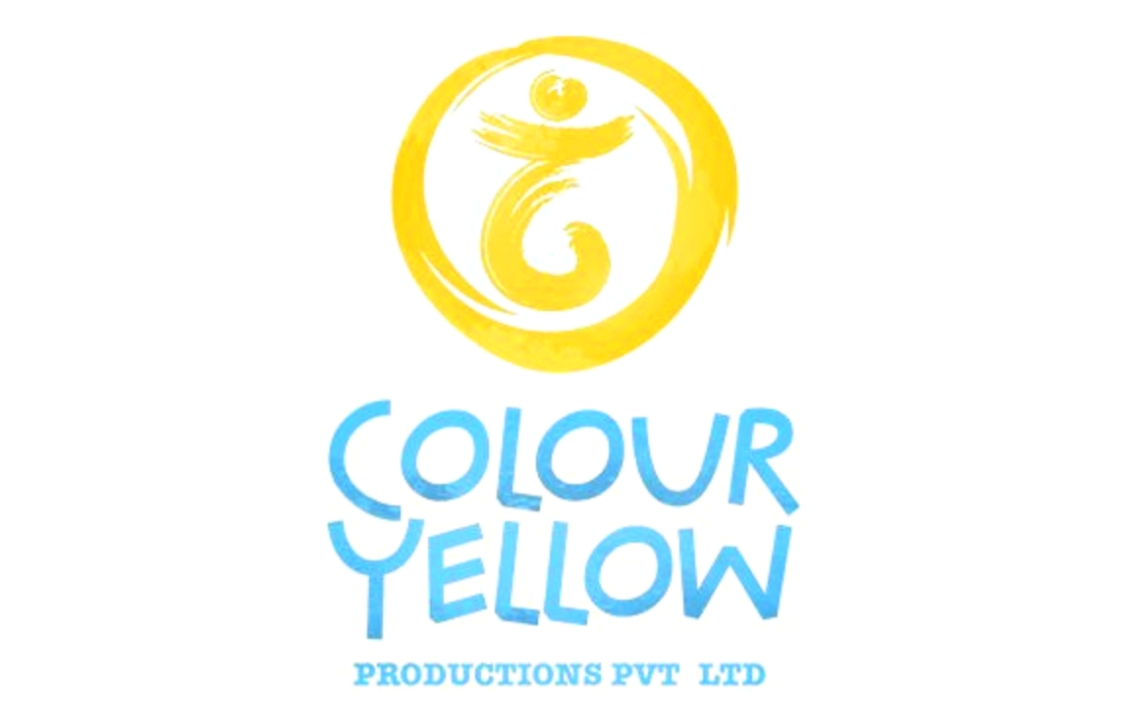

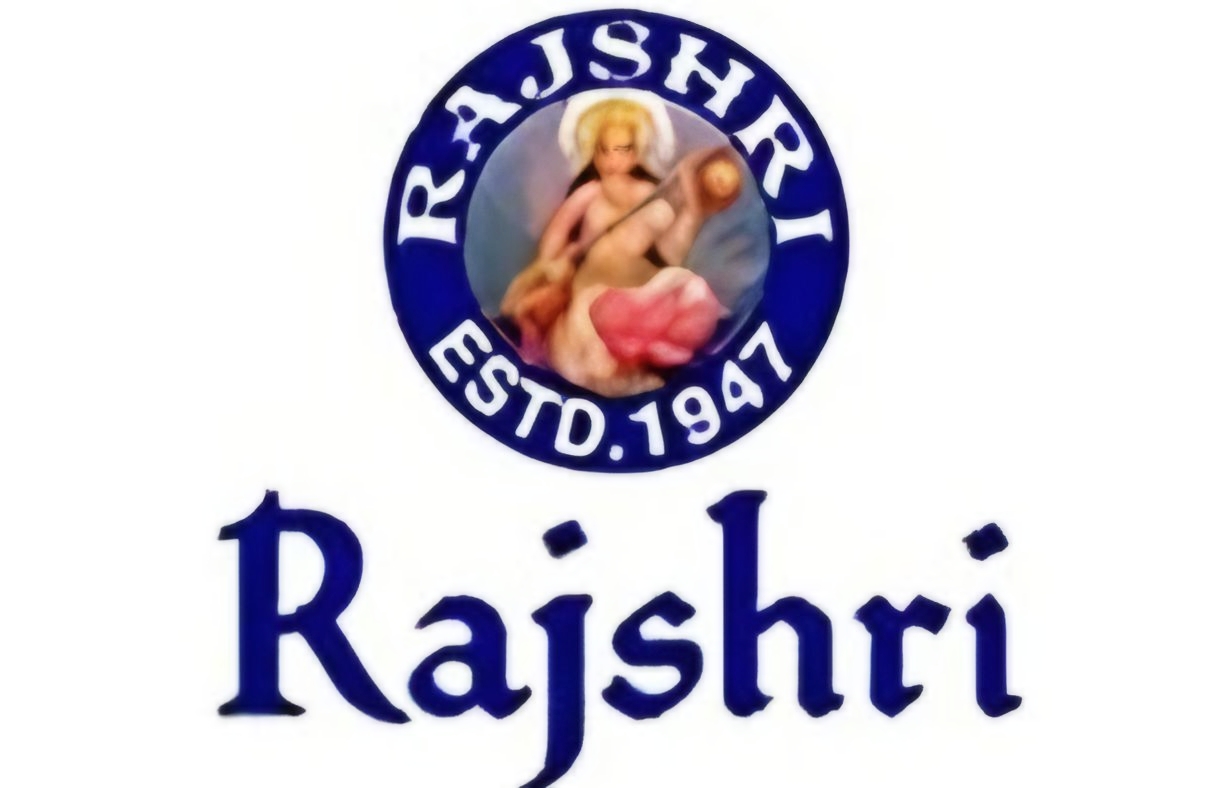

RSFI Institute Offer B.Sc in Cinema
(Specialization in Post-Production)
specialization in post-production. Our institute is the epitome of excellence
in cinema courses, providing unparalleled training in every aspect of
filmmaking. From mastering the intricacies of post-production to honing
your craft in editing, sound design, and visual effects, our program prepares
you to become a leader in the industry. But we don't stop here. Through
our special Filmmaking Tips series, we provide invaluable advice from experienced
professionals and successful directors. Learn screenwriting secrets, cinematography
tricks, and more, so you'll create impactful films that audiences will love.
Join us and embark on a transformative journey towards cinematic greatness.
Key Learnings
- Understanding of Editing Workflow
- Adobe Photoshop
- Different editing techniques according to the narrative
- Adobe Premiere Pro
- Production - the recording of all sound on set or on location
- Post-production - the balancing, mixing, editing and enhancing of pre-recorded audio.
- Integrate (synchronies) pre-recorded audio (dialogue, sound effects and music) with visual content
- Re-record and synchronize audio (post-syncing)
- Mix and balance speech, effects and music
- Create and alter sound effects for use in films, television, etc.
Course Projects
Our Syllabus
- Focuses on reducing stage fright, developing confidence and understanding presentation skills.
- Introduction to core forms and concepts of films.
- Understanding primitive, early cinema and enhancing the basic knowledge of films.
- Introduction to still photography and design technology.
- Application and importance of technology in the field of photography.
- How to work on Adobe Photoshop.
- Directing and producing individually.
- Basics of video post-production.
- Developing advanced acting and directing skills.
- Exploring the history of cinema after WW I and WW 2.
- Importance of lightning and cinematography in storytelling.
- Understanding the art of film and video editing.
- Learning the techniques and practice of assembling the shots into a coherent film and TV program.
- The importance of elements like movements, camera, lighting, make-up, sets, props, etc., in a composition of frame or shot.
- Learning to interpret the mood, character, and story of the movie.
The early years of Indian cinema through screening, discussions and reviews.
- Aesthetics of make-up, costumes and jewellery.
- Understanding the significance of costumes and make-up in the entertainment industry.
- Developing the sense and ability of the craft.
- Directing and producing montage and music videos individually.
- Understanding the process of cutting up a film and editing it.
- Specialization in Cinematography, covering the concepts of Composition, lighting, equipment selection, camera movement, visual effects to give the audience a fulfilling cinematic experience.
- In this subject, students will learn to perform the role of the cinematographer as technician, manager and storyteller.
- They will acquire hands-on skills with grip, electric and camera equipment.
- They will learn how these skills can be applied to workflows in pre-production, principal photography and post-production.
- Introduction to the different cultures and art forms.
- Understanding the essence of religions, history, political theories, beliefs, and language.
- Exploring Iranian, French, Latin and Korean cinema.
- Screening, discussions, and reviews of the films.
- Learning individually to direct and produce 10-12 minutes short films.
- Developing a sense of selecting the right location, conceiving 3D visuals.
- Developing the feel and look of each frame.
- Learning to supervise the décor and sticking to budget allocation.
- Introduction to a broad range of ethical and legal issues pertinent to film and media.
- Analysing techniques to deal with moral dilemmas.
- Analysing moral, legal and ethical conduct pertaining to professional communication.
- Understanding the rise of Indian cinema in the 90s and beyond.
- Learning how to market and distribute films around the globe.
- Understanding the trends of distribution and exhibition of films in the current scenario.
- Directing and producing 15-20 minutes non-fiction film.
- Specialization showreel
SEMESTER-1
- Introduction to Film Editing
- Principles of Editing
- Editing & Sound
- The Editing Workflow
- Adobe Premier Pro (Interface and Workflow)
SEMESTER-2
- Key Editing Practices
- Non-Linear Editing & Digital Technology
- Editing Picture and Sound
- Audio ‘Post Production
- Adobe Premiere Pro/FCP (Editing Software)
SEMESTER-3
- Fiction and Non – Fiction handling in Editing workflow
- Types of Documentary films
- Post Production of Documentary films
- Post Production audio basics
SEMESTER-4
- Introduction to new narratives
- Principles of Music Video Editing
- Basics of Color correction
- Fundamentals of Song recording
- Music Editing Mixing & Sound
SEMESTER-5
- New Narratives and Editing patterns
- New Technological trends
- Advance color theory
- Advance sound practice
SEMESTER-6
- Having a show reel is not just a tool; it is the most important tool. The show reel is a resume. It is the video where every ounce of the students' efforts has to be put in to show, not only the he things they have filmed, but the versatility of your editing and being able to show different styles
- This will be the final Graduating collaborative group Project, where all the students will be working with each other to complete the project










